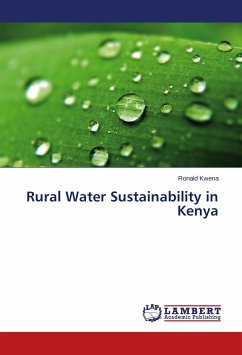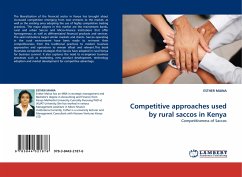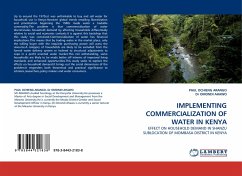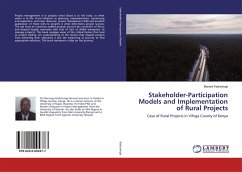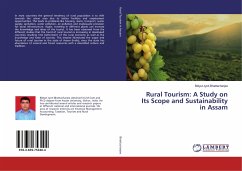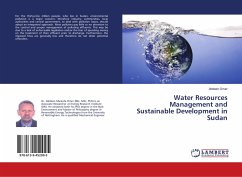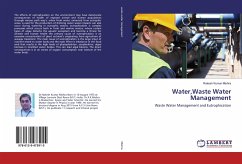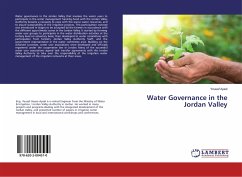Increased investment in rural water supply development in the last decade by both Government and development partners has not resulted in the desired levels of service anticipated. Access to safe water is a basic human need necessary for both the well-being and social economic development of populations living in rural Kenya. In spite of efforts to increase access, many rural water supplies completed have either stopped operating or are not operating optimally. This has resulted in loss of service to populations living in the rural areas of Kenya. Many of the dysfunctional water sources are operated and managed by community based organizations such as Community Water and Sanitation (WASH) Committees, Water User Associations or Women groups
Bitte wählen Sie Ihr Anliegen aus.
Rechnungen
Retourenschein anfordern
Bestellstatus
Storno

